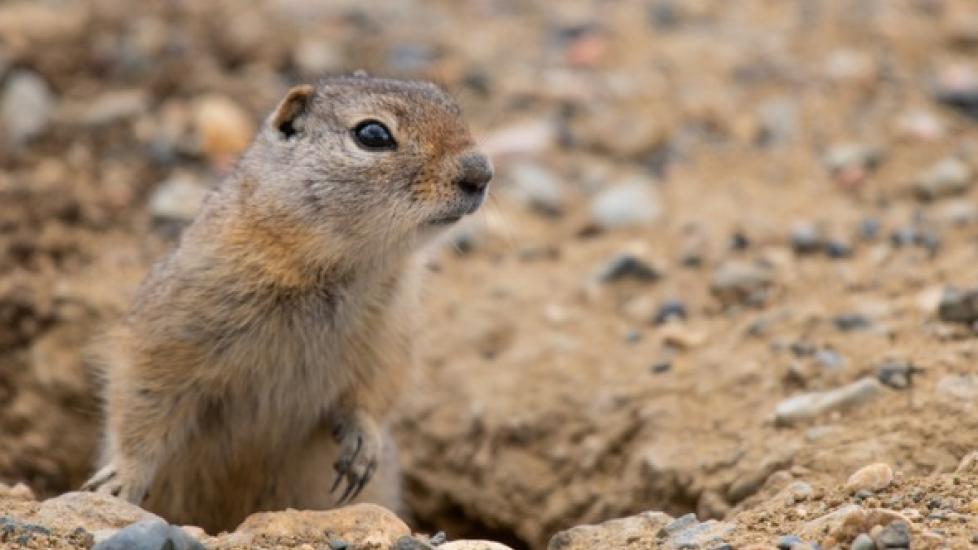Monkeypox Infection in Prairie Dogs
The United States Center for Disease Control and Prevention has documented the transmission of the monkeypox infection virus from infected Gambian rats to prairie dogs, causing, among other things, skin sores and fever. However, there are also other animals which may transmit monkeypox to prairie dogs via direct contact.
Unfortunately, there is no effective treatment for monkeypox infection. Moreover, because the virus can be transmitted to humans and other animals, a veterinarian will often recommend euthanizing the infected prairie dog.
Symptoms
- Fever
- Skin sores
- Nasal discharge
- Discharge from the eyes
- Enlarged lymph nodes
- Difficulty breathing
Causes
A type of pox virus, the monkeypox is primarily transmitted to prairie dogs by direct contact with infected animals or by eating meat from an infected carcass.
Diagnosis
Your veterinarian may make a diagnosis by observing the prairie dog's external symptoms. However, blood tests may be necessary for confirmation of the infection.
Treatment
There is no effective treatment for this viral disease. In addition, because the monkeypox virus can be transmitted to humans, any infected prairie dog as well as all animals in contact with the prairie dog should be euthanized.
Living and Management
Though the general outcome of prairie dogs affected with monkeypox infection is poor, steps can be taken to make the living condition of the affected prairie dog more stress-free. Clean and disinfect the cages before allowing the prairie dog inside it. Make sure to provide fresh and clean food and drinking water. Take precaution while handling the sick animal and be sure to wear gloves when cleaning the cage and disposing of contaminated materials. Once you are done, wash your hands and arms thoroughly.
Follow the supportive care as advised by your veterinarian and do not allow the infected prairie dog to come in contact with other animals.
Prevention
Potential sources of monkeypox infection must be removed, and housing should be thoroughly sanitized and disinfected. To prevent the spread of the monkeypox infection, house wild animal species of differing origins separately.
Featured Image: iStockPhoto.com/Kerry Hargrove
